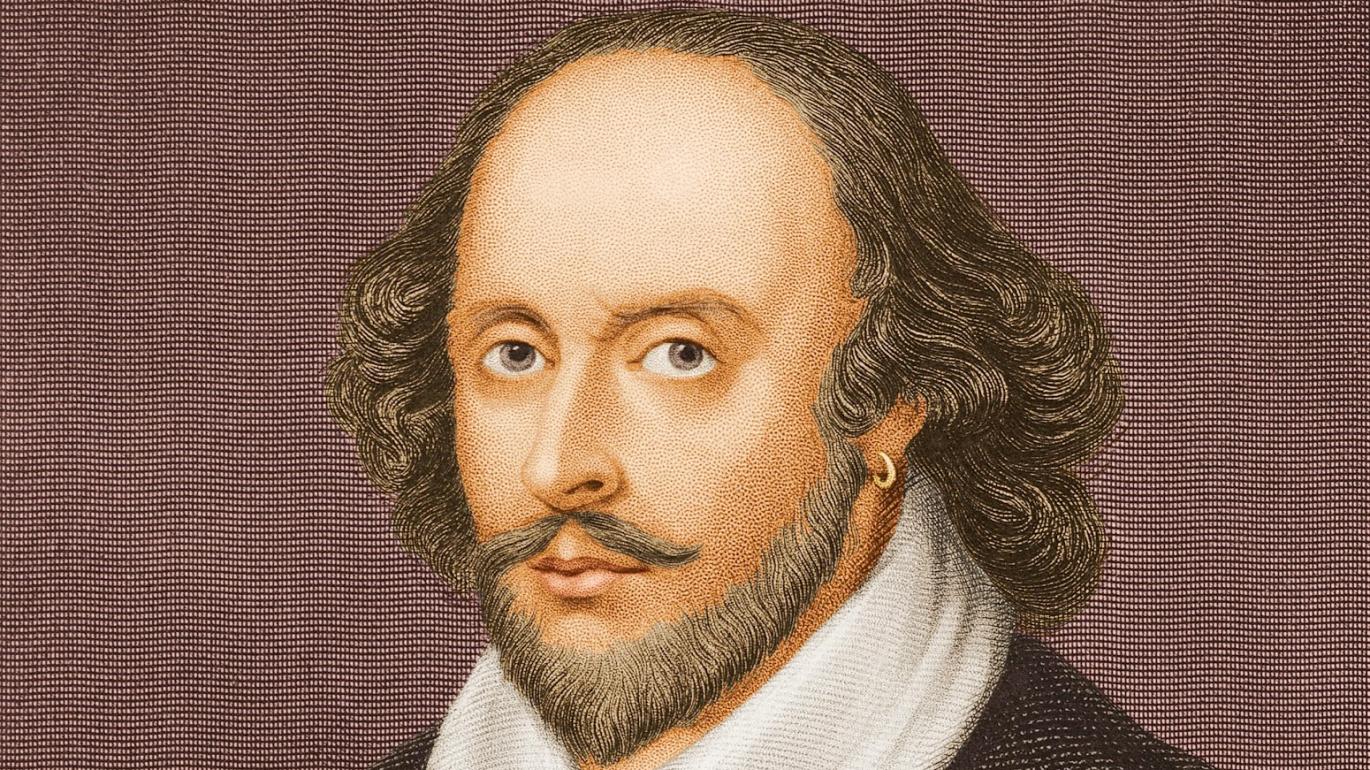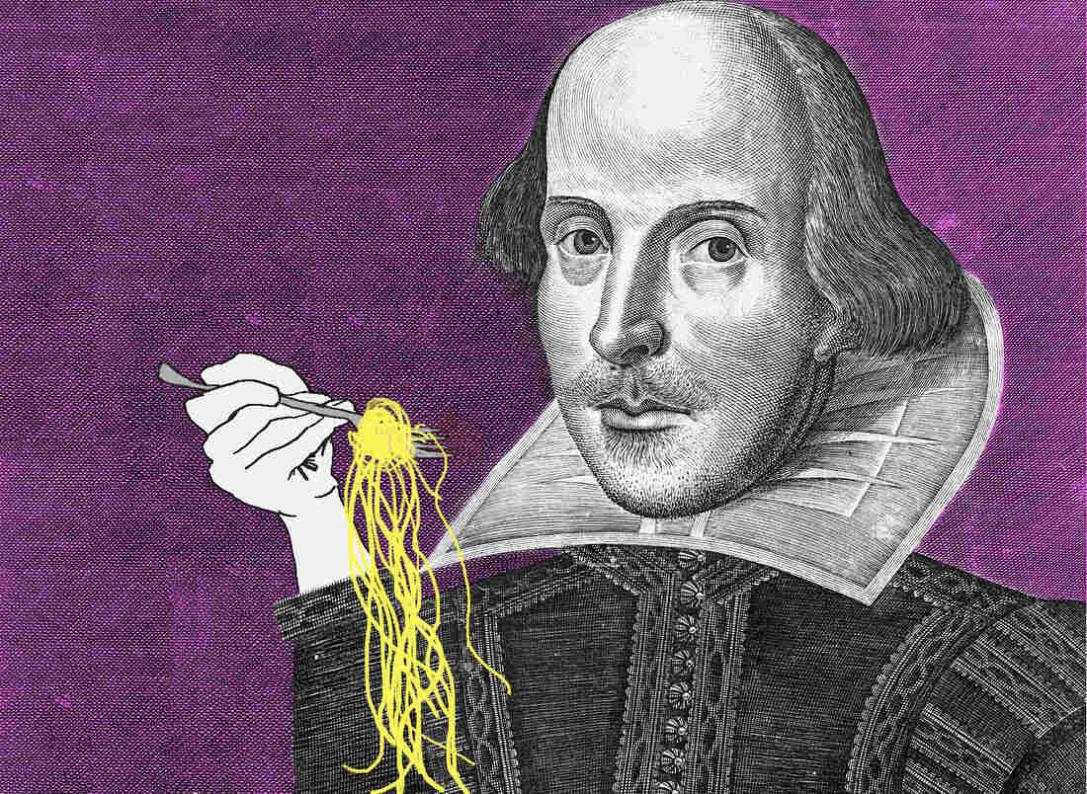What Are the Most Common Themes in Shakespeare's Plays?
William Shakespeare, often referred to as the greatest writer in the English language, left an indelible mark on literature with his profound plays that continue to captivate audiences worldwide. His works explore a vast array of universal themes that transcend time and resonate with people of all ages and cultures. This article delves into some of the most prevalent themes found in Shakespeare's plays, shedding light on their enduring relevance and significance.

Theme Of Love
Romantic Love:
- Passionate and Intense Love: The passionate and intense love between Romeo and Juliet in "Romeo and Juliet" epitomizes the all-consuming nature of romantic love, highlighting its transformative and often tragic power.
- Enduring and Faithful Love: The enduring and faithful love between Othello and Desdemona in "Othello" showcases the strength and resilience of love in the face of adversity and betrayal.
- Transformative Power of Love: "A Midsummer Night's Dream" explores the transformative power of love, as characters experience sudden and unexpected shifts in their affections, leading to humorous and heartwarming outcomes.
Familial Love:
- Complex Parent-Child Relationships: "King Lear" delves into the complex and often strained relationships between parents and children, examining the dynamics of power, loyalty, and forgiveness.
- Unwavering Love Between Siblings: "Twelfth Night" portrays the unwavering love between siblings, showcasing the strength of familial bonds and the sacrifices individuals are willing to make for their loved ones.
- Sacrifices Made for Love: "The Merchant of Venice" explores the sacrifices people make for love, highlighting the lengths individuals are willing to go to protect and support those they care about.
Theme Of Power
Corrupting Influence Of Power:
- Macbeth's Descent into Tyranny: "Macbeth" delves into the corrupting influence of power, as Macbeth's ambition and desire for power lead him down a path of tyranny and destruction.
- Power Struggles and Political Machinations: "Julius Caesar" showcases the power struggles and political machinations that often accompany positions of authority, highlighting the dangers of unchecked ambition and the fragility of political alliances.
- Abuse of Power by Authority Figures: "Measure for Measure" examines the abuse of power by those in authority, exploring the consequences of unchecked power and the moral dilemmas that arise when justice is compromised.
Struggle For Power:
- Rivalry Between Brothers: "Hamlet" portrays the intense rivalry between brothers, exploring the destructive consequences of jealousy, ambition, and the thirst for power.
- Conflict Between Good and Evil: "The Tempest" delves into the conflict between good and evil, as Prospero seeks revenge against those who wronged him, ultimately finding redemption and forgiveness.
- Power of Language and Persuasion: "Henry V" highlights the power of language and persuasion, as Henry's rousing speeches inspire his troops to victory, demonstrating the ability of words to motivate and influence.
Theme Of Identity
Search For Identity:
- Hamlet's Existential Quest: "Hamlet" explores Hamlet's existential quest for meaning and purpose, as he grapples with questions of life, death, and the nature of reality.
- Rosalind's Exploration of Gender Roles: "As You Like It" features Rosalind's exploration of gender roles, as she disguises herself as a man to escape societal expectations and find true love.
- Transformation of Malvolio: "Twelfth Night" portrays the transformation of Malvolio, as he undergoes a series of humiliating experiences that challenge his sense of self and ultimately lead to his redemption.
Conflict Between Appearance And Reality:
- Mistaken Identities: "The Comedy of Errors" centers around mistaken identities, highlighting the confusion and chaos that can arise when appearances deceive.
- Hidden Truths Revealed: "Othello" explores the hidden truths that lie beneath the surface, as Iago's manipulation and deceit lead to tragic consequences.
- Dual Nature of Human Beings: "The Merchant of Venice" delves into the dual nature of human beings, showcasing the capacity for both good and evil within each individual.
Theme Of Justice
Pursuit Of Justice:
- Trial and Tribulations of Shylock: "The Merchant of Venice" examines the pursuit of justice through the trial of Shylock, highlighting the complexities of justice and the consequences of prejudice and discrimination.
- Quest for Revenge: "Titus Andronicus" portrays the quest for revenge, as Titus seeks retribution for the brutal murder of his family.
- Examination of Moral Dilemmas: "Measure for Measure" explores moral dilemmas and the challenges of upholding justice in a corrupt society.
Miscarriage Of Justice:
- Wrongful Accusations Against Desdemona: "Othello" features the wrongful accusations against Desdemona, highlighting the devastating consequences of jealousy and manipulation.
- Manipulation of the Legal System: "The Taming of the Shrew" showcases the manipulation of the legal system to control and subjugate women.
- Corruption of Power: "King Lear" delves into the corruption of power and the miscarriage of justice that occurs when those in authority abuse their power.
Shakespeare's plays explore a wide range of universal themes that resonate with audiences of all ages and cultures. These themes, including love, power, identity, and justice, provide profound insights into the human condition and the complexities of human relationships. Shakespeare's ability to capture the essence of these themes and present them in a compelling and thought-provoking manner has cemented his legacy as one of the greatest writers of all time. His works continue to be studied, performed, and enjoyed by people worldwide, offering timeless lessons about life, love, and the human spirit.
The enduring relevance and universality of Shakespeare's themes encourage readers and theatergoers to explore his plays and gain a deeper understanding of themselves and the world around them. By delving into the complexities of his characters and the intricacies of his plots, audiences can embark on a journey of self-discovery and reflection, gaining valuable insights into the human condition and the timeless truths that govern our lives.

YesNo

Leave a Reply